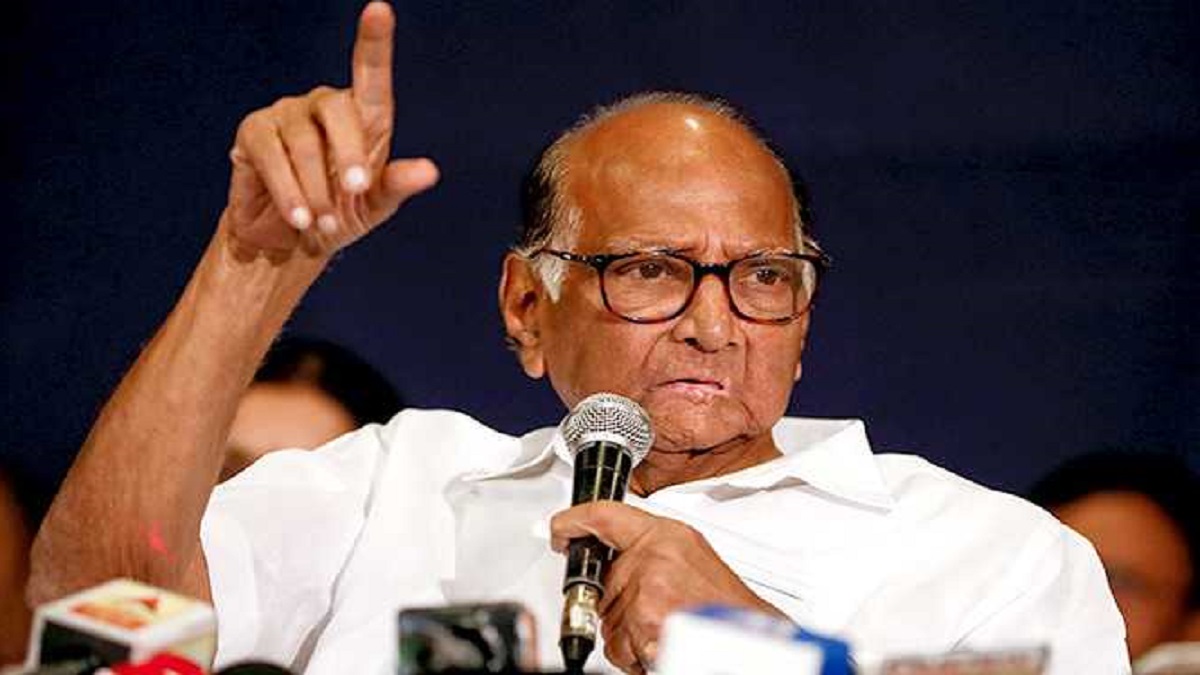Apart from BJP, perceived umbilical allies also seek a ‘Congress mukt Bharat’. Opposition unity a utopia
A month back, on 20 August, Sonia Gandhi presided over a meeting of 19 political parties on the birth anniversary of Rajiv Gandhi, which gave a clarion call for joint action by the Opposition against the ruling BJP. Agitations were mooted. On Thursday, 16 September, AICC put out an appeal to Congress units across the country to go ahead solo with protests against what the party perceives are the wrong policies of the Narendra Modi government. The “ekla chalo re” missive was necessitated by the total absence of follow up on the grandiose plans discussed on 20 August—the anvil on which united action was to be hammered out itself had not been set up.
In sharp contrast, the BJP has announced a three-week-long campaign to cascade the achievements of the Modi regime beginning from the Prime Minister’s birthday, 17 September. While Congress is facing inner-party murmurs in state after state, BJP showcased its unity and discipline when the entire Rupani cabinet was shown the door and a new look team sworn in at Gandhinagar. The changeover was not sans murmur, but no one resorted to Navjot Singh Sidhu like “eent se eent baja doonga” kind of rhetoric. A strong leadership resorts to hard decisions, as seen in Gujarat. Axiomatically, lack of leadership creates fissures and somewhat like the last days of Mughal rule, inefficacy of the writ of the central leadership in Congress is becoming evident. Irony is that while BJP in Gujarat passed through turbulence, Congress did not even have a central observer for that state—Rajiv Satav, who played that role till his untimely death in May 2020, has not been replaced since: so much for the resolve to beard the Lion in its Gujarat den. Intrinsic weakness of the Congress leadership seems to embolden the party’s “umbilical allies”—the breakaway Congress offshoots like NCP. Trinamool, YSRCP as well as other participants of the 20 August jamboree (and prior to that Rahul Gandhi’s 3 August breakfast activism), who now seek to encroach on the turf of the Grand Old Party with impunity and even ridicule it. Shiv Sena took one year to send Congress renegade Priyanka Chaturvedi to Rajya Sabha; Trinamool sent Sushmita Dev in less than one month.
Since Trinamool’s return to power in West Bengal there have been several noises made about the invincibility of the BJP as the national ruling party. The 21 June meeting hosted by Sharad Pawar in his New Delhi residence (which is a few bungalows away from Sonia Gandhi’s 10 Janpath) had shown that proximity with Congress was not the leitmotif of the anti-BJP moves, though time and again Sharad Pawar cited the relevance of Congress in a front against Modi. Congress vote share of nearly 20% nationally is half of the last performance of BJP but it is far ahead of the truncated vote shares of the other parties. In 200 Lok Sabha seats BJP and Congress are direct rivals—the other parties’ ability to face BJP is restricted to their pocket boroughs which are all in the vicinity of 40 seats maximum. Hence, Congress has been seeking the role of a fulcrum, which its perceived allies do not wish to concede.
Sharad Pawar has been in and out of Congress several times since he first floated his Samanantar Congress four decades back and formed a government in Bombay with Janata Party elements. His revolt peaked when he opposed Sonia Gandhi’s ascendance and formed NCP. Thereafter, NCP has often been an ally of Congress, as it is now as partner in the Aghadi regime headed by Shiv Sena in Maharashtra. In an interview to a Marathi TV channel, which has been widely repeated in national media, on 11 September, Pawar compared Congress to past landlords (zamindars), who had lost all lands but reminisced in their past glory. A day earlier, while coming out of an investigation by the Enforcement Directorate, Trinamool’s general secretary Abhishek Bannerjee said, “TMC will not concede defeat like Congress, it will fight vigorously”. Sharad Pawar’s comment drew flak from Maharashtra PCC chief Nana Patole and his West Bengal counterpart, Adhir Ranjan Chowdhury, who is also Congress floor leader in Lok Sabha and described the Trinamool leader’s comment as “offensive” and said it was uncalled for “at a time when an environment is being sought to be created for unity against BJP”.
The Rajya Sabha bypolls also showed Congress haplessness. DMK went back on its word after having assured a seat to Congress as it did not accept the candidate suggested by 10 Janpath. In Maharashtra, the only other state from where Congress can hope to win a seat, the nominee has to be one who can get the approval of Shiv Sena and NCP—the coalition dharma of letting a constituent party decide its nominees seems to be missing when it comes to Congress. In 1998, Sharad Pawar had ensured the defeat of Sonia Gandhi’s handpicked candidate, R.D. Pradhan—that memory is not lost in the records of AICC.
As things stand, while BJP vigorously is following its agenda of “Congress mukt Bharat”, the perceived umbilical allies of Congress seems to be playing charade. Pawar’s “zamindar” comment drew immediate applause in social media from BJP leadership. With Congress under pincer attack, talk of anti-Modi front taking shape is at best a utopia.

